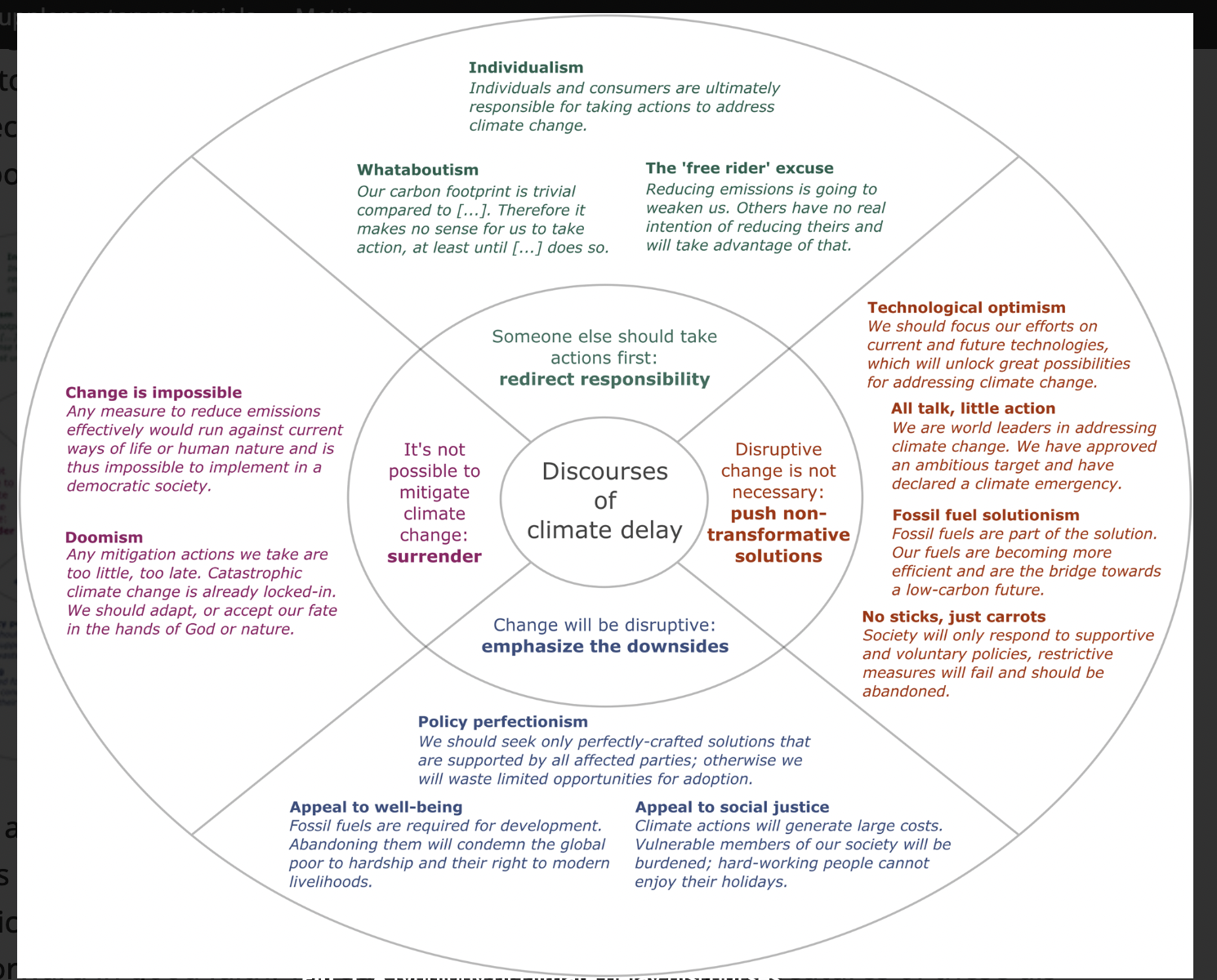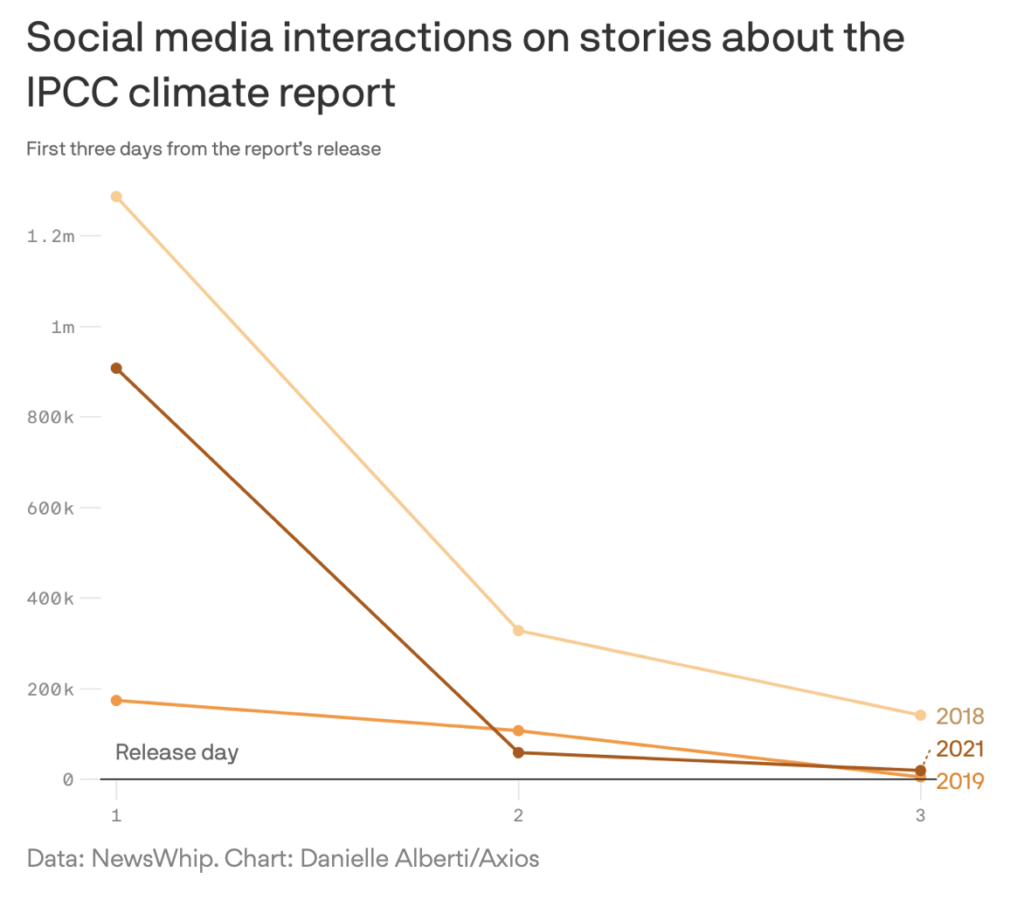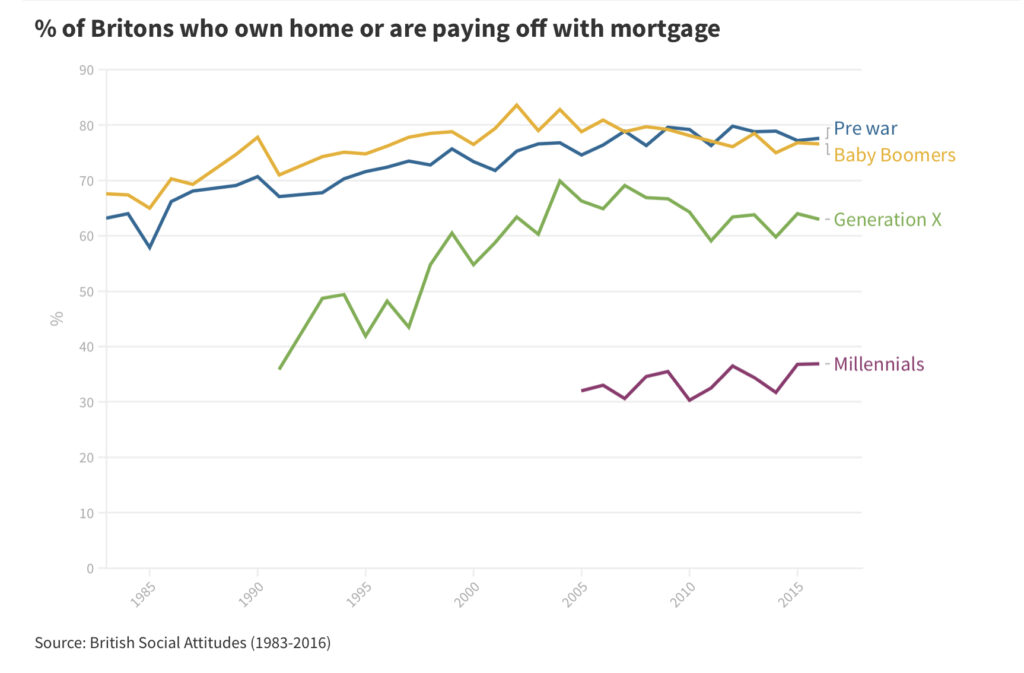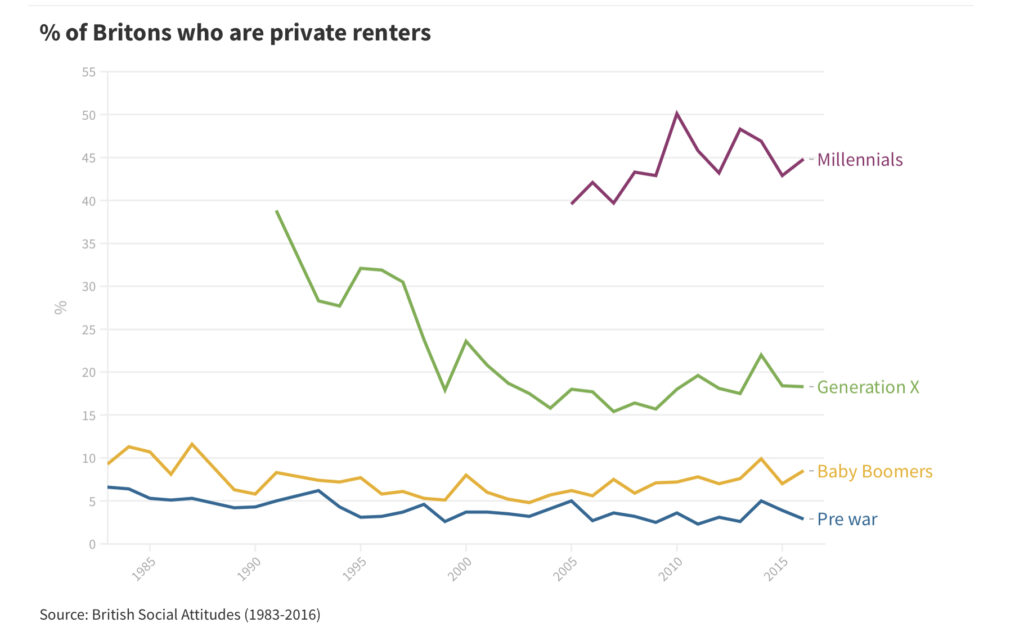Quote of the Day
”Critics have never been able to discover a unifying theme in my pictures. For that matter, neither have I.”
- John Huston
Musical alternative to the morning’s radio news
Rolling Stones | Ruby Tuesday | From the Steel Wheels tour
Jagger in his Louis XIV phase.
Long Read of the Day
Seeing Red
Terrific essay by Scott Galloway on the emerging geopolitical world order.
The post-Cold War era is over. From 1990 to present, the United States has been the sole superpower. But as influential as we’ve been, American interests are no longer the organizing principle around which everything aligns. The last three decades have been a period of fractious regional conflicts, largely hapless efforts by the U.S. to exercise state power at home and abroad, and corporate/private interests running unchecked.
But we have returned to a bipolar world, and a superpower duopoly will again be the organizing principle. This time the countervailing force against the U.S. is China.
TL;DL summary: China is second only to the US in both hard and soft power but far ahead of the rest of the world, so it’s the only nation besides America with the will and means to exercise that power on a global scale. “Is China our enemy or competitor?” Galloway asks. “The answer is yes.”
It’s a great essay, one that makes one think about the world in a realistic way. The US won the Cold War with the USSR because, ultimately, the Western economic system delivered better technology and more economic benefits to citizens (and funded more military expenditure). This history might not repeat itself.
Beware state surveillance of your lives – governments can change for the worse
Yesterday’s Observer column:
In the summer of 2013, shortly after Edward Snowden’s revelations about the surveillance capabilities of the American National Security Agency (NSA) began to appear, I had a private conversation with a former cabinet minister about the implications of the leaks. At one stage, I mentioned to him a remark attributed to a prime architect of some of the NSA systems – that they had taken the US to “a keystroke away from totalitarianism”. The MP scoffed at the idea. What I needed to remember, he told me, in that superior tone that toffs adopt when speaking to their gardeners, was that the US and the UK were “mature democracies”. In such polities, the chances of anyone coming to power who might have the inclination to use such power for sinister purposes was, he said, zero.
Three years later, the US elected Donald Trump. Five years after Trump, look around: an increasing number of democracies are now run by autocrats of various stripes. Think of Orbán in Hungary, the Law and Justice party in Poland, Duterte in the Philippines, Erdoğan in Turkey, Modi in India, Bolsonaro in Brazil and others in Latin America. None of these autocrats has any scruples about using intelligence collected by state agencies against critics, dissidents and potential opponents. In fact, they positively relish being just a keystroke away from totalitarian control. And now, in a new twist, And now, in a new twist, a gang of seventh-century religious fanatics has taken control of Afghanistan…
Toyota saw the Taliban coming
Interesting story from Quartz.
The first time the Taliban’s fighters stormed the presidential palace, back in 1996, journalists from India Today described how “tanks and ammunition-laden Toyota Hilux trucks raced into Afghanistan’s capital.” The vehicles were “ideal platforms for intimidation and enforcement,” the New York Times wrote in 2001.
“From their Land Cruisers and Hiluxes, the Taliban were ready to leap down and beat women for showing a glimpse of ankle or to lock a man in a shipping container for three weeks until his beard grew to the approved length. Or, most dismal, to drag an accused adulterer or blasphemer to the soccer stadium for execution.”
It wasn’t exactly the kind of association that made Toyota proud. Which makes the company seem prescient today for an odd rule it instituted in late July, in an attempt to prevent its vehicles from being used by sanctioned groups like the Taliban.
According to one motoring website, the 2022 model of the Toyota Land Cruiser went on sale in Japan on Aug. 2, priced at around $46,500. But anyone buying it now has to sign a contract committing them not to resell the vehicle within a year. And dealers might have to pay damages if their customers break the contract.
The Land Cruiser is being withdrawn from Western markets because of dwindling sales. But demand for it in other parts of the world is still strong. So presumably buyers in Japan were buying Cruisers to flip to buyers elsewhere at a profit. And now that the Taliban has the Afghan Treasury to play with, they would definitely be in the market for more of these iconic vehicles.
Hmmm… One of my sisters has a Land Cruiser. I must warn her not to sell it to any bearded gent fondling an AK-47 who offers her double the price for it in cash.
Dominic Raab: the perfect representative of ‘Global Britain’
Savage column by Marina Hyde:
Is it possible to appear muscular while making a phone call? It is certainly the look that furiously committed political man Dominic Raab seems to have gone for, in an official picture released by his department as he attempts to retcon acting like a foreign secretary while Kabul fell.
The photo of oneself on the phone was a favourite of George W Bush, though I can never remember seeing one of his that didn’t feel worthy of the caption: “Look Daddy! They let me use a phone!” Still, let’s have a look at Raab’s take on the genre. Grasping his chair with one hand and surrounded by flags, he is leaning so ferociously into the call that he can only have honed his game demanding to know why hotel housekeeping had failed to make his towel into a swan that morning. “I couldn’t give a toss that you were busy, and no, a turtle was not ‘fine’! You can’t just phone in any quarter-arsed terrycloth origami and claim to be offering a five-star guest experience. I think you should consider your position. (Pause) I’m so sorry, Secretary Blinken. I just reflexively dialled 1.”
It goes on like this. Don’t miss it.
This blog is also available as a daily newsletter. If you think this might suit you better why not sign up? One email a day, Monday through Friday, delivered to your inbox at 7am UK time. It’s free, and there’s a one-button unsubscribe if you conclude that your inbox is full enough already!


















